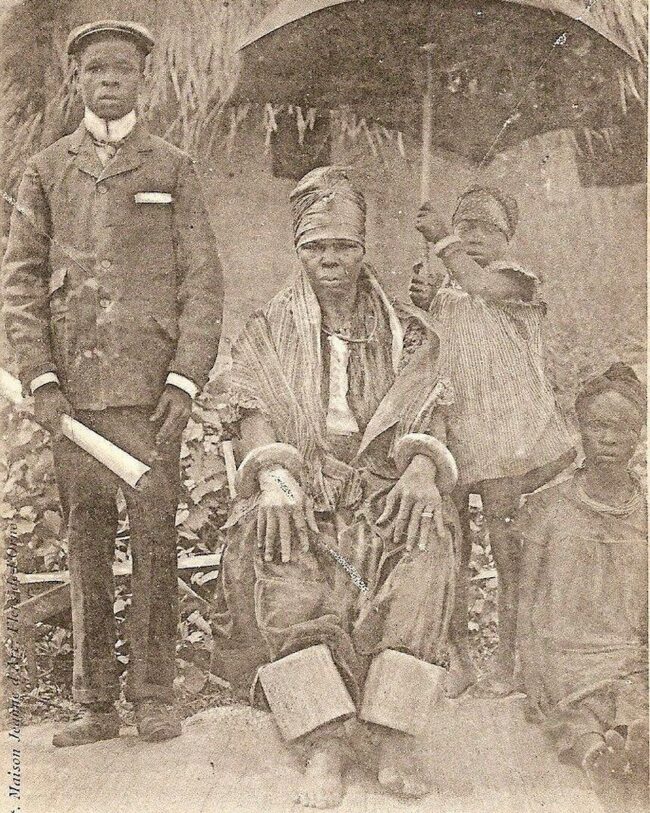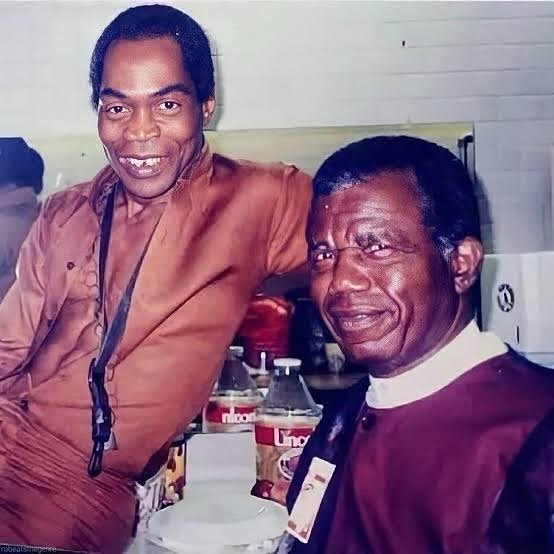History of the Ndoni People Presently Known as Rivers State
The Ndoni people belong to a wider group called Ndi Osimili, sometimes referred to as “the people of the Niger.” They are Ogbasu (Ogbaru) and Oru people as well. Strong communal bonds and a rich cultural past set the Ndoni people apart. In Rivers State, Nigeria, there is a community of Igbo speakers called Onikwu (also pronounced “Oniukwu”). The distance between Ndoni and Onikwu, a self-contained district within Ndoni town, is roughly 6.4 kilometers. The Anioma people, a subgroup in what is now Delta State and Edo State, are known as the Onikwu/Ndoni people. The Ndoni people left Ika, which is in Igboland, and came back. The Ikwerre people, Anioma people, Ika people, Ekpeye people, Umuoji people, Ngwa people, Ohuhu people, Waawa people, Ezaa people, and Mgbo people are among the Igbo subgroups with whom they share language and cultural history. The Ndoni people have long been recognized for their commerce, fishing, and farming methods near the Niger River. Their rich cultural heritage includes storytelling, music, and dance, all of which are essential to their sense of self. The Ndoni also engage in age-old crafts that have been handed down through the years, such as weaving, blacksmithing, and ceramics. Men and women with titles make up the Ndoni community’s leadership structure; they are well-respected and have important responsibilities in upholding traditional customs and social order. These named people frequently act as guardians of the history and legacy of the community, making sure that the Ndoni people’s traditions and ideals are upheld. The Ndoni people have flourished over the ages in spite of several obstacles because of their adaptability and persistence. Their history demonstrates their resilience and dedication to safeguarding their cultural heritage.


